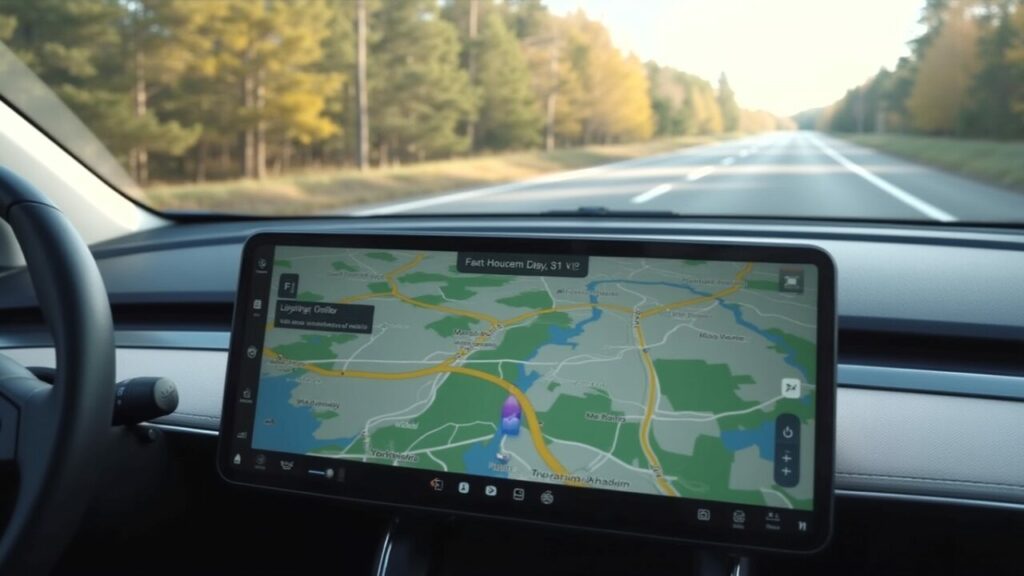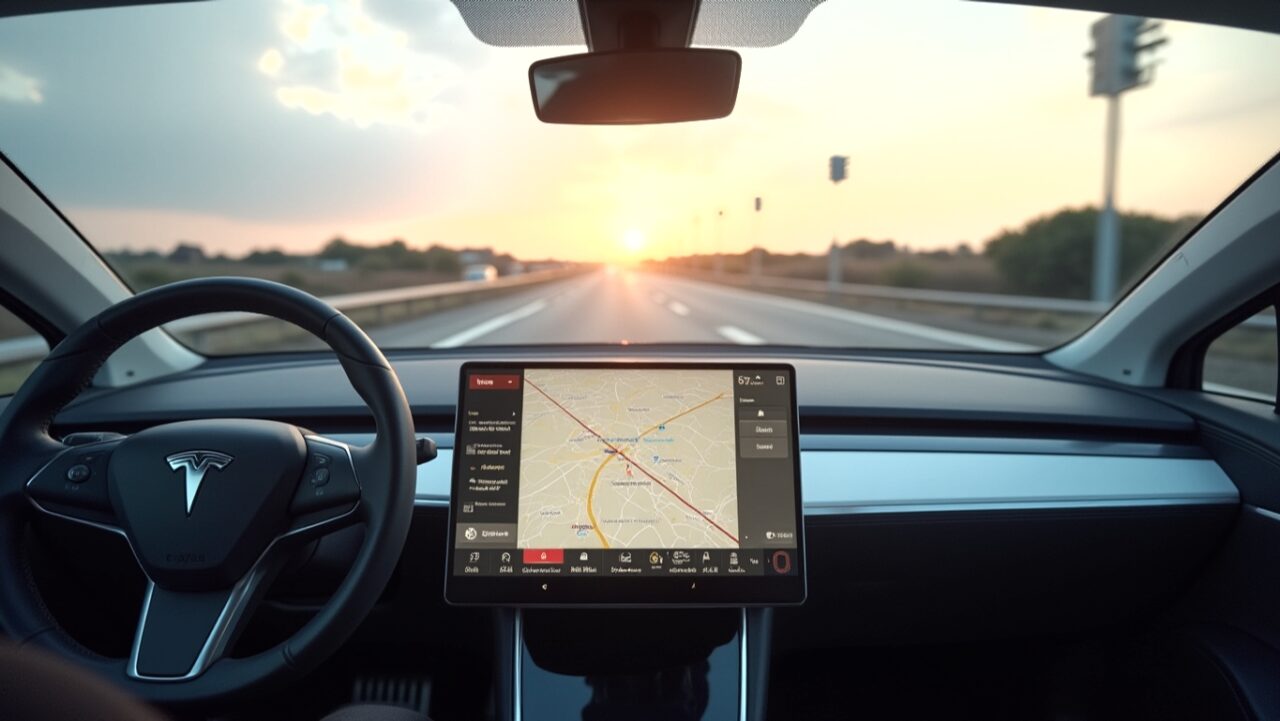Did you know that advanced telematics systems in next-generation cars can monitor driver behavior in detail? Now, vehicles can collect and process data just like the smart devices we carry in our pockets. Recently, this data collection has sparked controversy as automakers and insurance companies have been sharing this information without drivers’ consent. Drivers in the US have even claimed that these practices have led to higher insurance premiums. So, how does your car track you?
Is your car tracking you? How do cars collect data?
The telematics systems in modern cars collect a database of data such as speed, braking intensity, travel time and driving time. While this data is intended to improve driving safety, critics say it is used for commercial purposes by car manufacturers, data brokers and insurance companies.

In fact, some drivers claim that this data is being shared without their consent. For example, several lawsuits have been filed alleging that data brokers, such as General Motors’ OnStar system or LexisNexis, sell the information to insurance companies. So how do insurance companies use this data?
How do insurance companies use this data?
Thanks to telematics data, insurance companies can more precisely analyze the risk status of drivers. In theory, those with safe driving habits should pay lower premiums, but some drivers claim that this data is being used to increase premiums. In particular, there have been complaints that premiums have increased for people who drive in heavy traffic or over long distances.
Lawsuits have been filed against automakers and data companies in seven different states in the US. Texas Attorney General Ken Paxton called these practices “unfair and deceptive trade practices”. Senators have also called on the Federal Trade Commission to hold companies accountable for violating customer privacy.
How do you know if your car is collecting data?
- Check the owner’s manual: Look for sections on telematics or data sharing.
- Contact the manufacturer: Find out what data your car collects and whether this information is shared.
- Check mobile apps: In apps connected to the vehicle, you can find information about the data collected.
- Request a data report: You can ask insurance companies or the developers of the apps you use in the car for a report on the data collected about you.
How safe do you think this kind of data collection in cars is? You can share your views in the comments section below…













